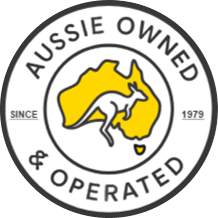Capital Gains
Capital Gains Tax, commonly referred to as CGT, is a tax imposed on the profit earned from the sale of non-inventory assets such as stocks, bonds, precious metals, real estate, and collectible items. Effective management of CGT is crucial, as it directly impacts the net returns from these investments.

